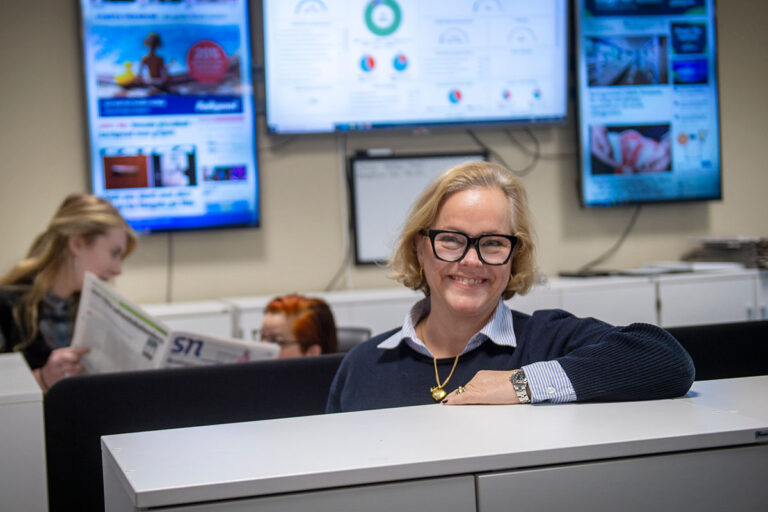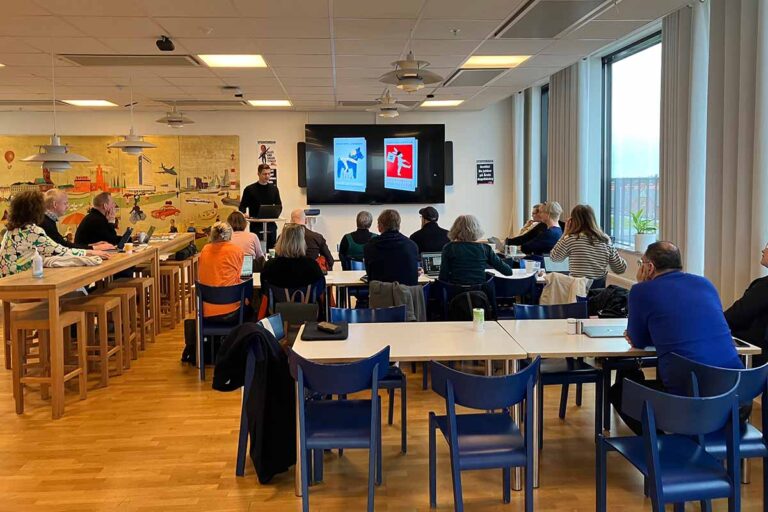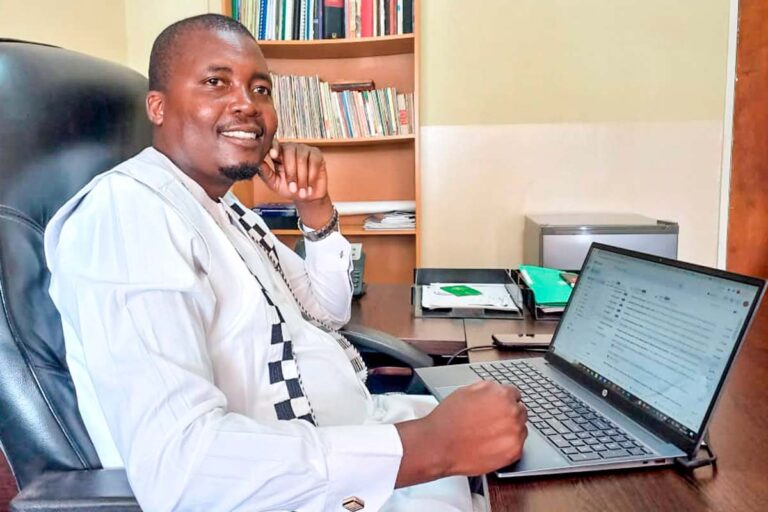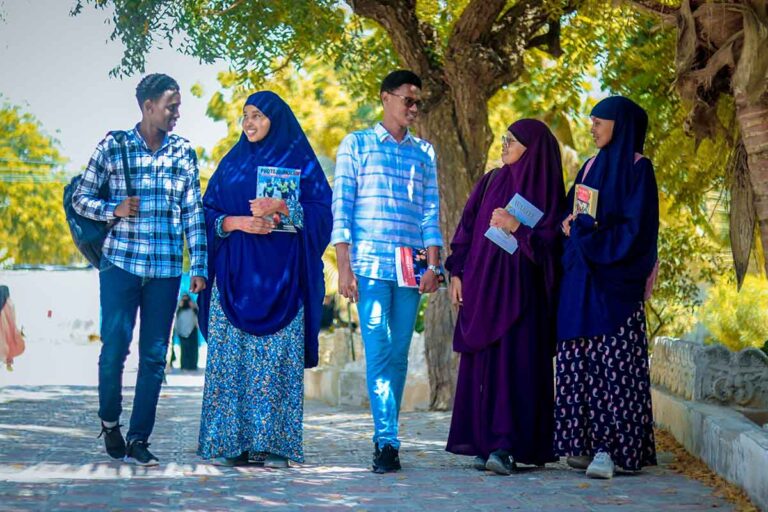Women’s lived experiences. Surveyed, analysed, and communicated. This is the simple recipe for successful media development work to fight gender violence and discrimination. As a result of comprehensive gender research by Fojo and African Women in Media (AWiM), new policies and mechanisms for change are now a reality.
In 2019, a joint research project by Fojo and AWiM set out to map the challenges women in media faced across Sub-Saharan Africa. The results were a wake-up call. The research revealed a pervasive culture of gender bias, with women facing limitations on assignments, resources, and even outright sexual harassment.
One woman shared how her supervisors consistently steered her away from investigative reporting and downplayed her stories, the report highlighted. Another described enduring sexual abuse from multiple supervisors, leading to both professional and personal harm.
“Honestly, the research results hit me like a cold shower. Here I was, thinking we had a progressive newsroom, but the stories from these women journalists painted a completely different picture. It was a wake-up call. We had a responsibility to do better,” said Arthur Asiimwe, Director General of the Rwanda Broadcasting Agency.
Fueled by the research, media professionals and civil society actors came together to create the Rwandan Anti-Sexual Policy. This policy is not just symbolic; it outlines concrete steps media houses must take to address harassment and create a safe working environment for all genders. So far, 34 media houses have adopted it.
The impact of the research extended beyond Rwanda. The findings resonated across Sub-Saharan Africa, leading to the Kigali Declaration on Gender Violence in and through the Media. This declaration, adopted in December 2023, is a regional commitment to transforming the media into a force for good. It outlines steps media stakeholders can take to fight gender violence and promote inclusivity.
“The Kigali Declaration has the potential to be a game-changer,” says Yemisi Akinbobola, Chairwoman of AWiM. “It provides a clear roadmap for a future where women journalists can thrive, free from harassment and discrimination. We envision this declaration going global, inspiring change across the entire continent and beyond.”
Fojo’s collaborative research approach, where women’s voices are amplified to drive real-world change, demonstrates how such research can bring harmful practices to light and ignite change towards a more equitable media landscape.
